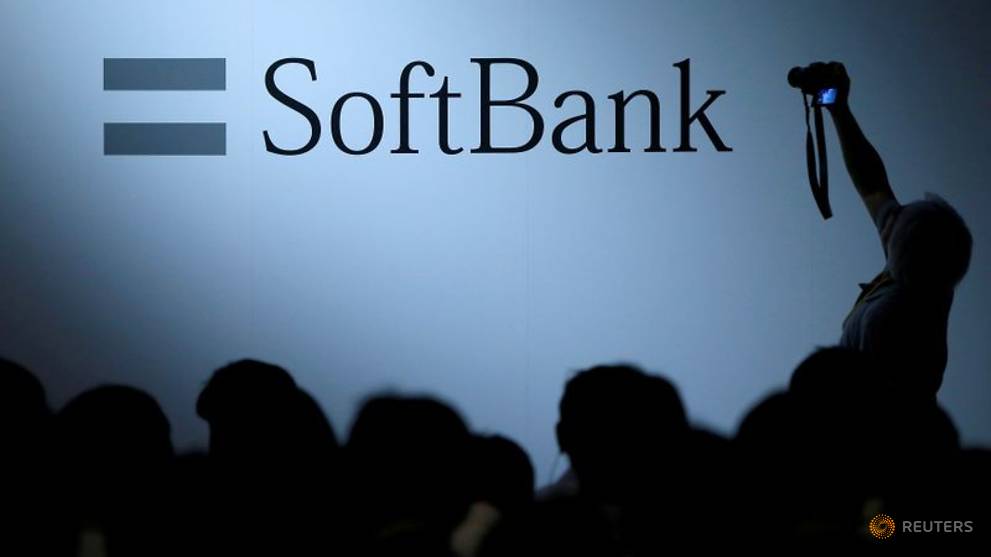
SoftBank to sell chip designer Arm to Nvidia in US$40 billion deal
TOKYO: SoftBank Group said on Monday (Sep 14) it has agreed to sell chip designer Arm to Nvidia for as much as US$40 billion in a deal set to reshape the semiconductor landscape.
Nvidia will pay SoftBank US$21.5 billion in shares and US$12 billion in cash, including US$2 billion on signing. The deal will see SoftBank and the US$100 billion Vision Fund, which has a 25 per cent stake in Arm, take a stake in Nvidia of between 6.7 and 8.1 per cent.
SoftBank could also be paid an additional US$5 billion in cash or shares depending on the chip designer's business performance, with Arm employees to be paid US$1.5 billion in Nvidia shares.
The sale marks an early exit for SoftBank, four years after the US$32 billion acquisition of the British chip technology firm. Chief executive Masayoshi Son has lionised the potential of Arm but is slashing his stakes in major assets to raise cash.
SoftBank executives, frustrated at the group's share performance, have held early stage talks about taking the Japanese technology group private, a source told Reuters. Those talks could gain momentum following the Arm sale.
The deal, which is subject to regulatory approvals including in Britain, the United States and China, will alter the semiconductor landscape by putting a long-neutral technology vendor to Apple Inc and others under the control of a single player.
With potential pushback looming, Nvidia CEO Jensen Huang emphasised he will retain Arm's neutral licensing model and expand it by licensing out Nvidia intellectual property for the first time.
The companies did not discuss the deal with the British government until shortly before the announcement because the talks were secret, Huang said. A new artificial intelligence research center will be built at Arm's Cambridge headquarters.
"Cambridge is going to be a site of growth," Huang said.
Nvidia began as a graphics chip designer and has expanded into products for areas including artificial intelligence and data centres.
The Arm acquisition will put Nvidia into even more intense competition with rivals in the data centre chip market such as Intel Corp and Advanced Micro Devices Inc because Arm has been developing technology to compete with their chips.
It gives Nvidia control of technology from Arm that could be used to make its own central processor chips, doubling down on Nvidia's strategy of buying up technologies in parts of the booming data centre business where it does not currently play.
Earlier in April, Nvidia completed its purchase of Israel-based Mellanox Inc, which makes high-speed networking technology that is used in data centres and supercomputers.
Arm does not make chips but instead has created an instruction set architecture - the most fundamental intellectual property that underpins computing chips - on which it bases designs for computing cores.
Arm licenses its chip designs and technology to companies like Qualcomm, Apple and Samsung Electronics, which in turn use the technology in their chips for smartphones and other devices.
Apple's forthcoming Mac computers will use Arm-based chips.